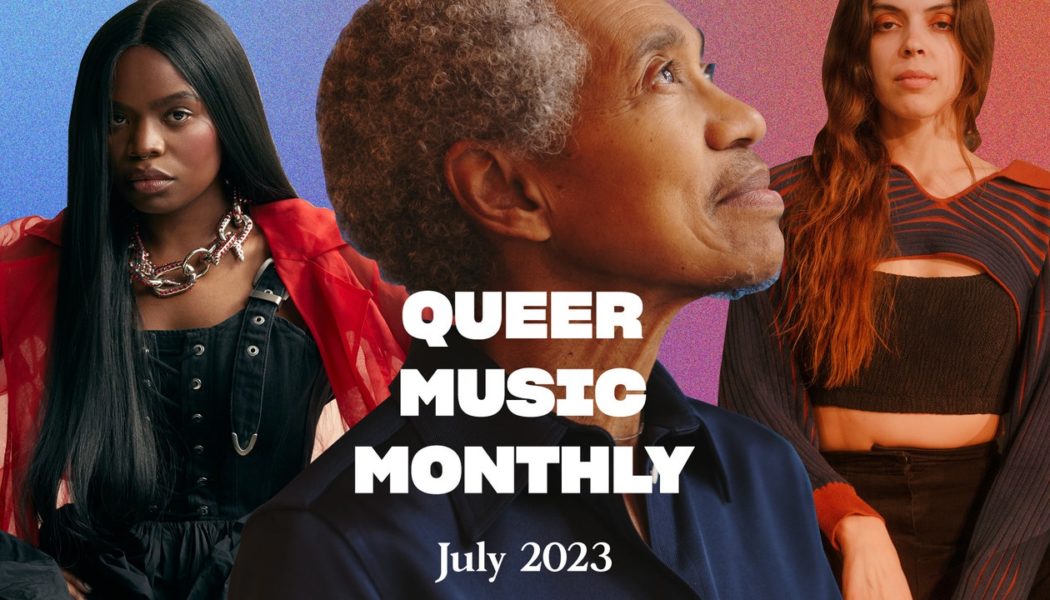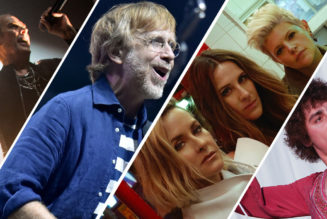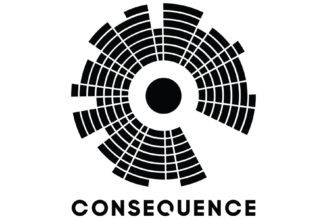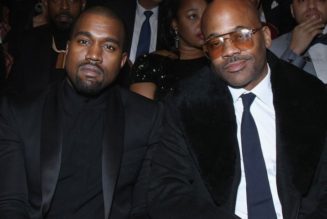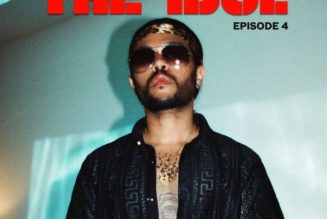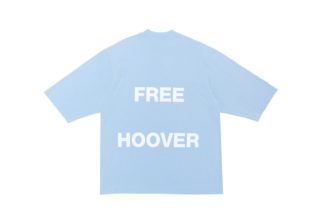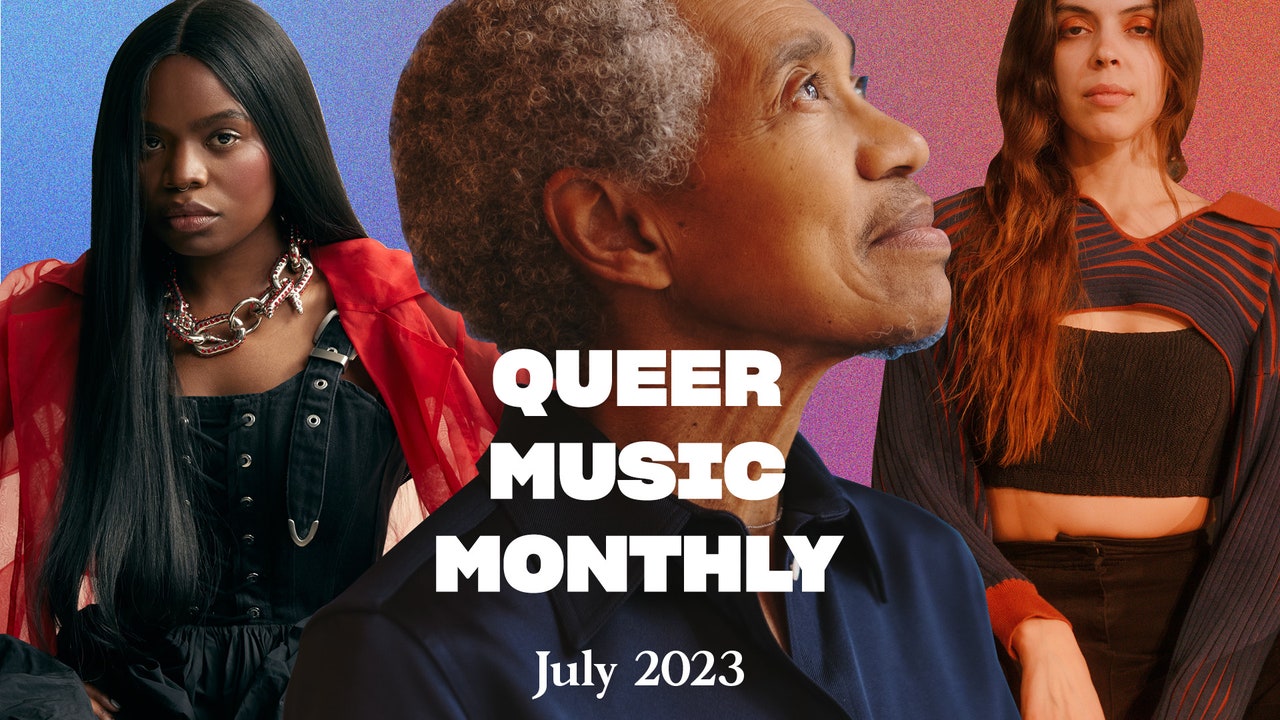
Queer Music Monthly is a collection of fresh tunes from beloved queer musical icons and innovative new artists that have been hand-picked by Them’s editors and contributors.
As temperatures rise, it’s fitting that many queer musicians spent July calling for sustainable futures and invoking the creation of new worlds. This month’s featured artists are on the forefront of inspiring change, whether it’s the inward sort, or the kind of collective transformation that’s crucial to our survival as a species. Electronic pioneer Beverly Glenn-Copeland asked us to unite for our eco-salvation, while singer songwriter Julie Byrne connected with the natural world as a form of healing. Cameroonian American musician Vagabon reinvented herself in a bold new way on her single “Do Your Worst,” and Toronto’s Mother Tongues explored themes of queer utopia on their debut album Love In A Vicious Way.
“Do Your Worst,” off Vagabon’s forthcoming album Sorry I Haven’t Called, is a brooding club track about being with someone who operates at a low vibration. “You turn me into someone I don’t fuck with / I don’t like myself when I’m with you,” the artist sings in dulcet yet matter-of-fact tones over Euro-techno beats and subwoofer-ruining bass. Co-produced by Teo Halm and Rostam Batmanglij, the new track signals yet another stage of this provocative multi-instrumentalist’s career.
Them favorite Beverly Glenn-Copeland gifted us his first album in two decades this month, The Ones Ahead. Co-written with his wife and creative partner Elizabeth Paddon, the standout track “Stand Anthem” is a rousing call to course correct the fate of our planet. In an artist statement, Glenn-Copeland says that the powerful percussion-heavy anthem is meant to evoke the sound of future generations “calling us forward.”
Singer songwriter Julie Byrne released her majestic new album The Greater Wings, and my favorite single off the record, “Summer Glass,” is a modern new age treasure. The floating, harp-plucked track feels unearthed from a utopian past, while its arpeggiated synth lines harken back to a ’70s retro-futurist vision. “I brought myself to the edge of the water / Crossed the river to remember who I am,” Byrne sings with fragile silkiness. Like a Mary Oliver poem, the song’s lyrics are transcendental, highlighting the beauty of our fleeting moments on earth.
